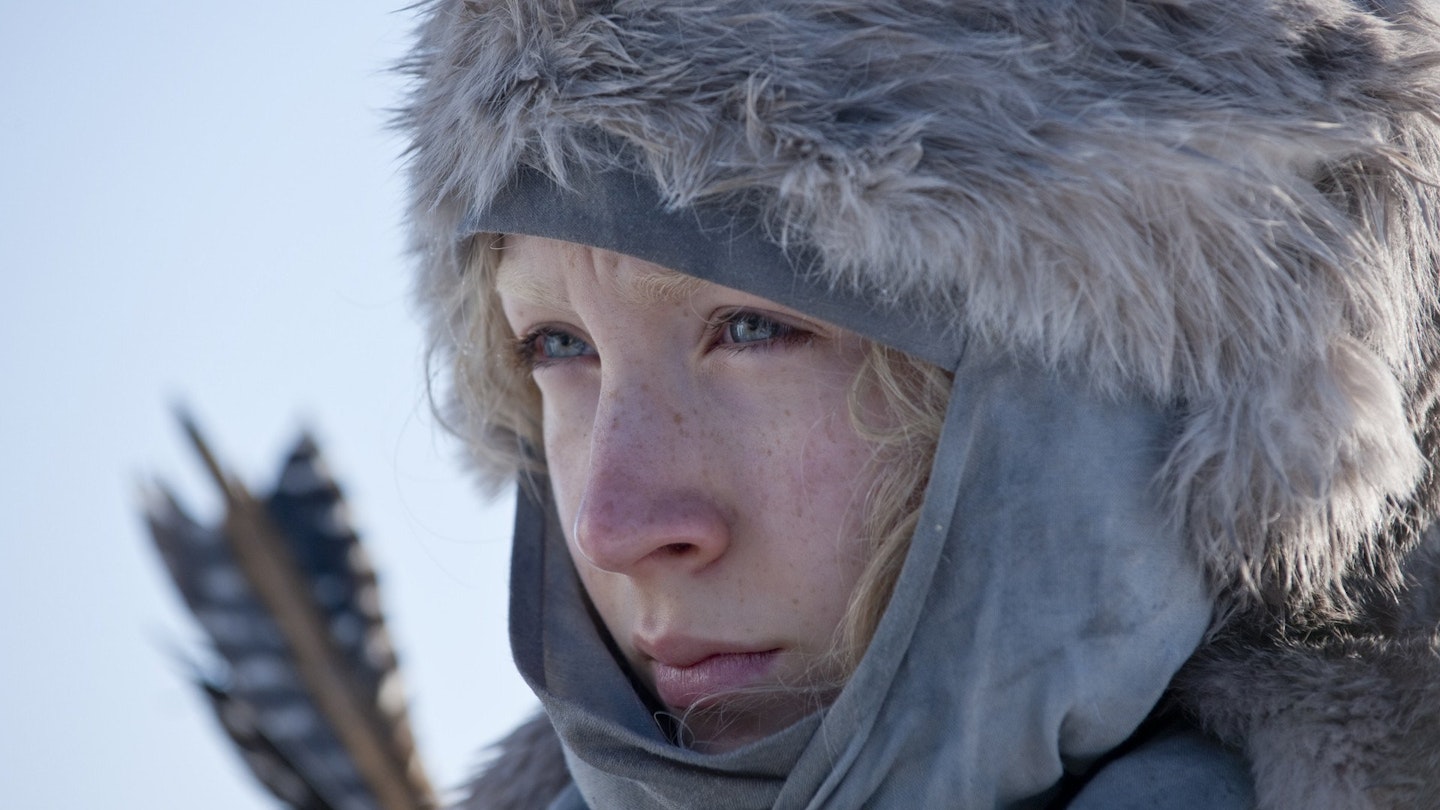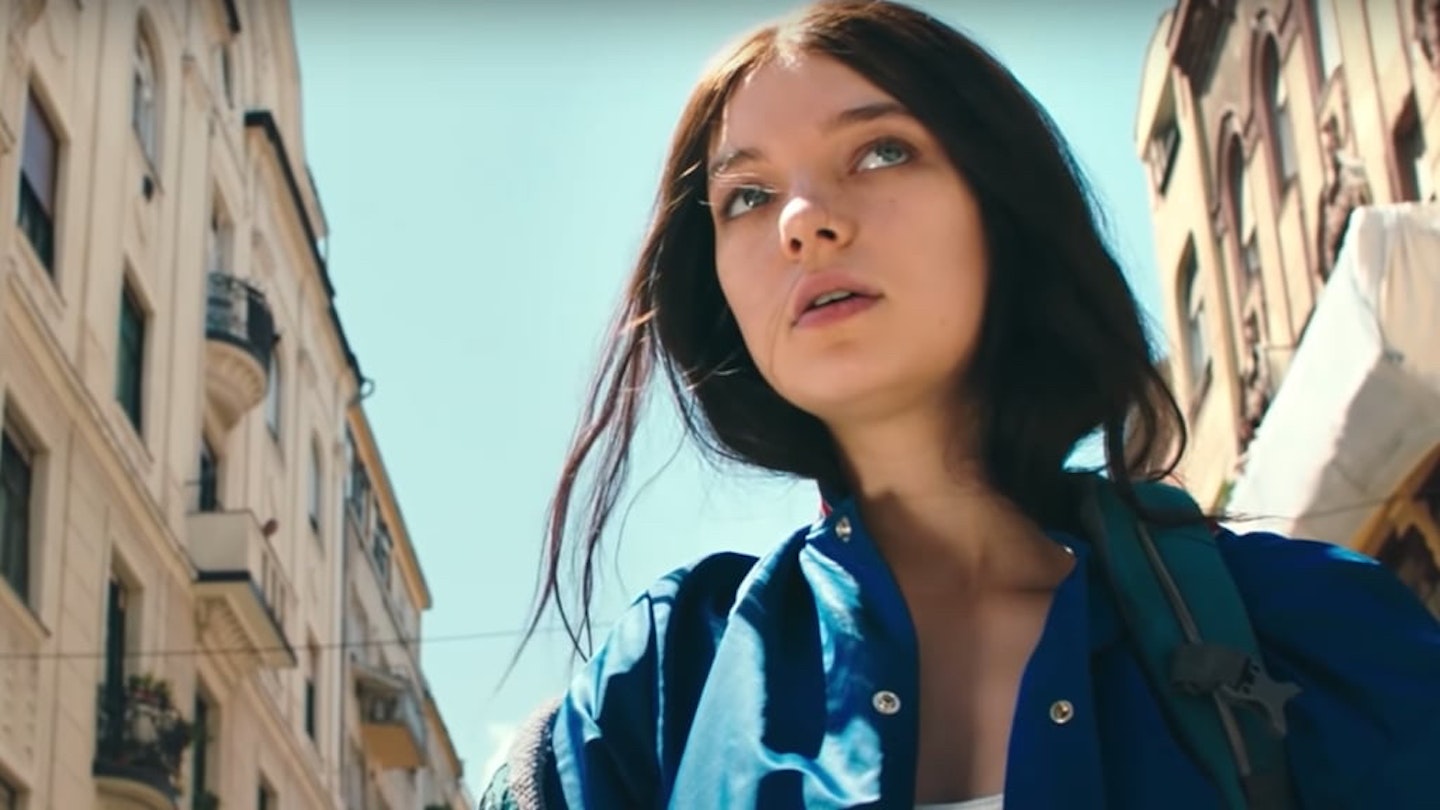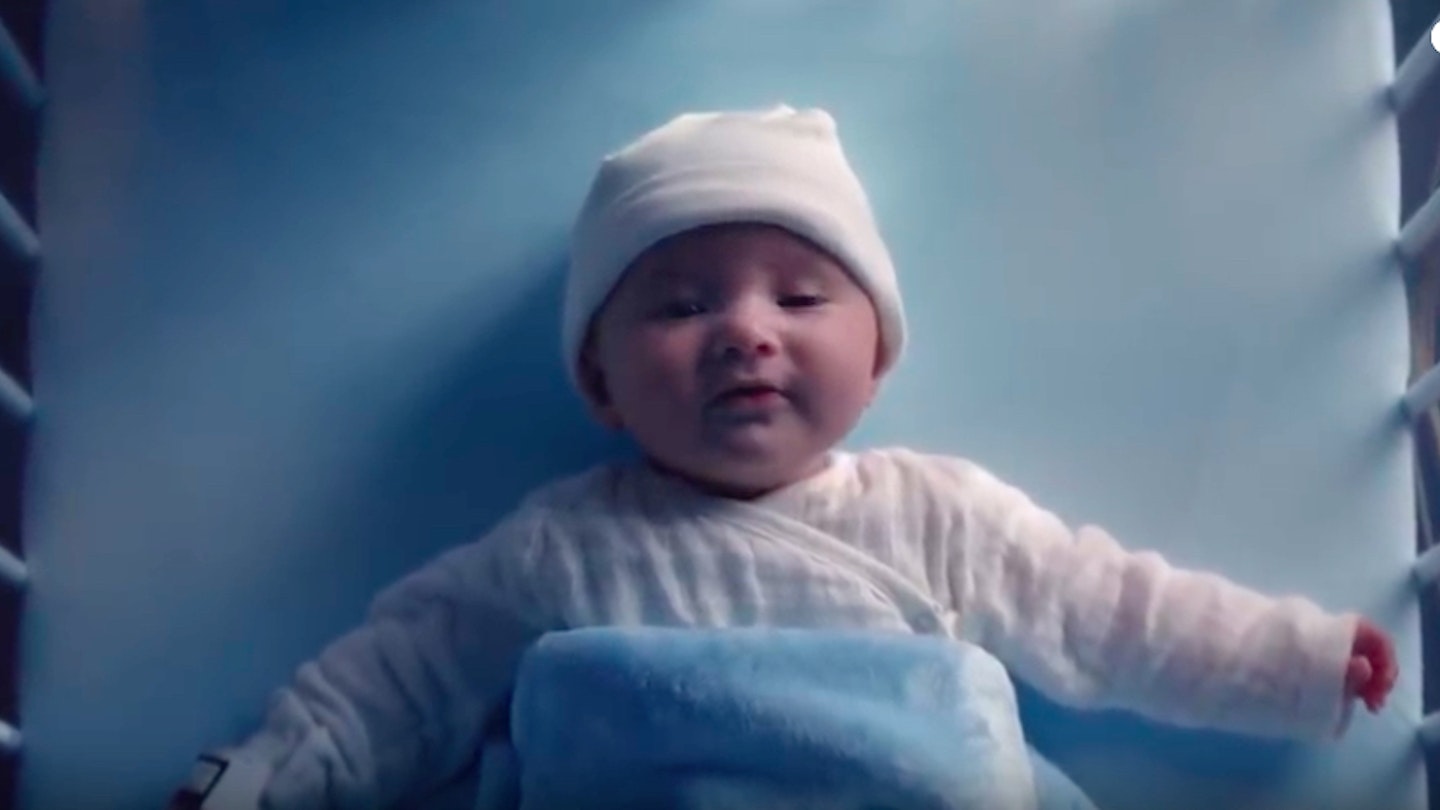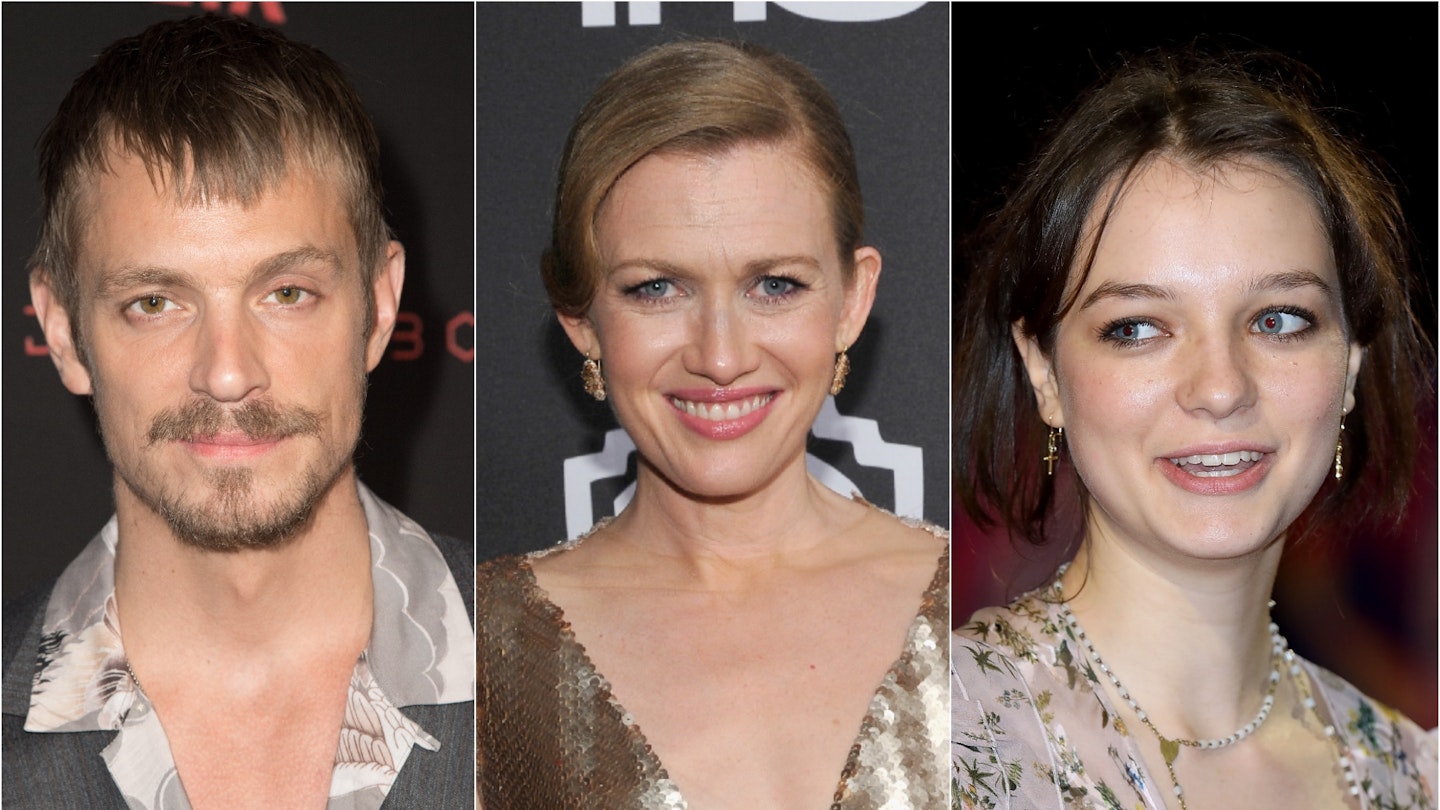Given he made his name with the subtle dance of manners in Pride & Prejudice and Atonement, Joe Wright’s latest film unexpectedly finds Saoirse Ronan clinging to the underside of a speeding Hummer. At 16, Hanna (Ronan) is unusual for her age, being blessed with a gift for snapping enemy necks as if twisting free the lid of a ketchup bottle while being pursued by, among others, neo-Nazi skinheads and Cate Blanchett. What, as they rarely say in Joe Wright movies, gives? Is the British director daring to reinterpret The Bourne Identity for the Justin Bieber crowd? Is this the long-awaited Very Mean Girls? And what’s with all the slumbering forests, mirrors, and evil Germans?
Hanna, an inspired alchemy of hard-nosed action and dreamlike splendour, is an intentionally strange mix of movie staples: the steely spy thriller, the coming-of-age saga, and the superhero origin story. Wright is of the mind that the squall of blockbusters, video-games and comic books surely serves as the modern fairy tale. Thus he tells a Bourne-like action movie through the rubric of a fable — Hans Christian Andersen refitted with Glocks, smart phones and satellite surveillance, the statutory arsenal of CIA malpractice. It’s a fabulous conceit: the application of storytelling rituals, old magic, to a sleek, contemporary movie machine. The familiar bluster of genre is given the gravity and poise of Wright’s house style, and a feather-light touch of mockery — Jane Austen’s In Like Flint.
Once upon a time, deep in a forest cocooned in winter, a beautiful girl called Hanna lives with her father in a candlelit cottage. By day, he trains her in hand-to-hand combat, to kill with impunity and outfox interrogation in a suite of languages. She’s a gifted pupil, an assassin with skin as white as snow and eyes as blue as sky. By night, he reads from an encyclopaedia, filling her head with fact but not feeling. As she keeps berating him, she’s ready. For what, we wonder. To go out and sample the real world, ripe with sensation and threat? Or perhaps there is a deeper, riskier path waiting for her — a mission to which she was born? Papa (a grim Eric Bana) mentions times, dates, a schedule to meet again by Wright’s mythical workshop in a Berlin still draped in the clandestine dusk of ’60s Cold War thrillers.
Transformed from tween chatterbox, Ronan is stony-faced, a luminous ghost child — Hit-Girl minus the potty mouth. There runs the suggestion that the uncannily agile Hanna might even be superheroic — a crumpled test report declares her DNA to be “ABNORMAL”. Jason Bourne wanted to know who he was; Hanna is preoccupied with a quest for what she is. Ronan adapts to all the film throws at her: the punishing physical journey and the subtle spiritual one as Hanna’s frosty inwardness gradually thaws into humour, even sweetness. In a sun-bright Morocco (these real, undigital locations feel newly discovered) she hooks up with a scatterbrained British family, touring in a clapped-out VW, warily making friends with their gabby daughter (Jessica Barden) — a scenario played largely for laughs. There is an amusing notion, as with many fairy tales, that the story is an allegory of puberty — that difficult stage of self-discovery and black ops.
Blanchett, drawling a deep, sinister Texan accent, makes an imperious wicked witch. She’s a CIA headmistress known as Marissa, given to gazing into a mirror, angrily flossing away flaws in her grimace. Hanna is the rogue outcome of some ancient agency business, and Marissa, savagely clicking her perfect heels, sets about mopping up loose ends: a dark, funny and formidable venture into movie villainy. Bond wouldn’t stand a chance.
Unbound, Hanna plunges across North Africa and Europe, from underground bases — Ken Adam dungeons wormed with air ducts — through flinty deserts and container ports, to a decayed Berlin theme park whose dead amusements are styled to The Brothers Grimm. A chase surging to the electronic spell of The Brothers Chemical further demonstrating Wright’s magical fusion of opposing textures.
In turn, the camera takes on Hanna’s unnatural attributes: its senses are alive, hyperactive and daring. This may be
only an experiment in enlightened genre making, style as subtance, but Wright thrills to the moment. An eight-minute tracking shot accompanies Bana into an orange-bricked U-bahn station to dispatch a quartet of hapless CIA drones. Tight, dreamy close-ups capture two girls giggling beneath sheets, their skin a canvas of innocence — a homage, it seems, to his very own Pride & Prejudice. Self-indulgence aside, he gives the action genre — beaten to a pulp by the battery of digital editing — a newfound vividness. Shots that breathe.
So, it is a little disheartening to hear that Wright has gravitated back to his books to adapt Anna Karenina with Keira Knightley. Not that it won’t carry all his sophistication, but just think what he could do with Transformers.



